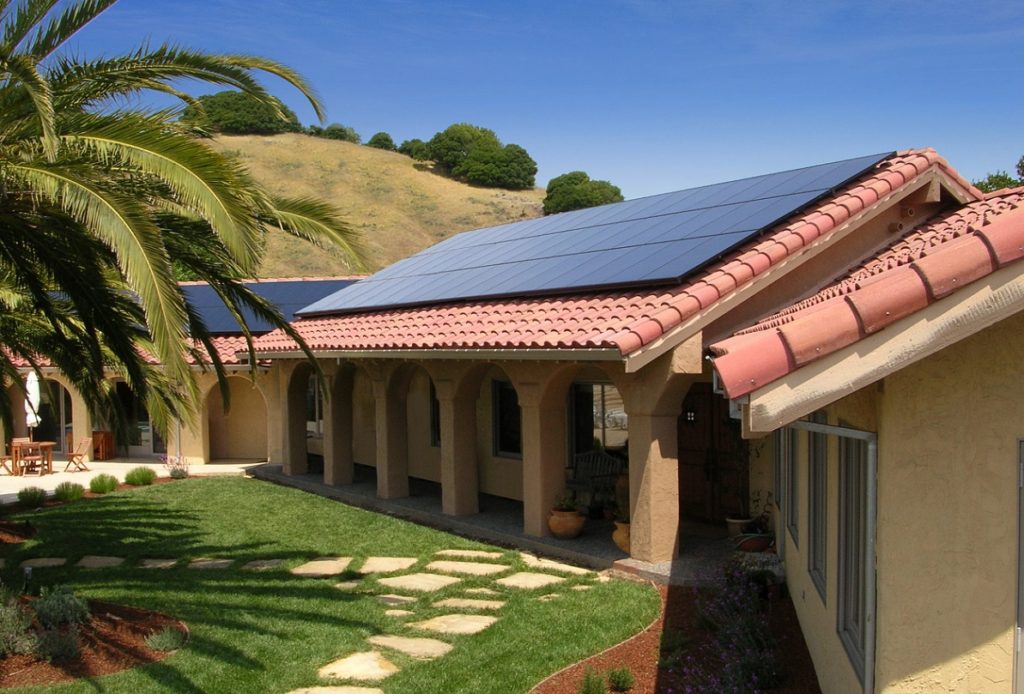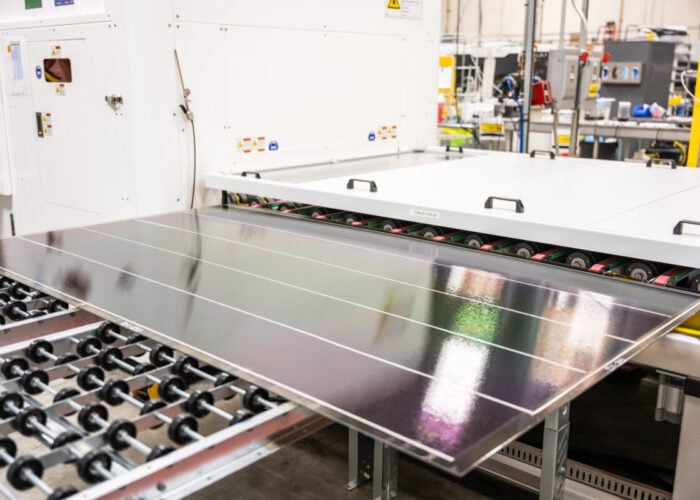
A group of 26 California Congress Members have written to the California Public Utilities Commission (CPUC) urging it to rethink its contentious net metering changes for the state and demanding a “dramatically revised policy”.
The letter to Alice Reynolds, chair of the CPUC, from the cohort of Congress Members – together accounting for more than 60% of California’s 42 Congress Democrats – will add increasing pressure on the CPUC to rethink its proposals, which have been indefinitely delayed amid uproar from a range of parties.
Unlock unlimited access for 12 whole months of distinctive global analysis
Photovoltaics International is now included.
- Regular insight and analysis of the industry’s biggest developments
- In-depth interviews with the industry’s leading figures
- Unlimited digital access to the PV Tech Power journal catalogue
- Unlimited digital access to the Photovoltaics International journal catalogue
- Access to more than 1,000 technical papers
- Discounts on Solar Media’s portfolio of events, in-person and virtual
Signatories to the letter applauded the delay to the changes but urged the CPUC to “use the time to look at options that do not harm existing residential solar adopters while achieving an equitable solution for adopters as well as all customers.”
Dubbed NEM 3.0, the proposals would have cut solar export credits by about 80% and added a US$57 per month fixed charge for the average residential system, with this partially offset by a US$15 per month credit for 10 years.
While recognising the need for an update to the net metering rules to “reflect new market conditions”, the group of Congress Members also said, “imposing a tax on solar panels and reducing the rate of solar power exports by as much as 80% will label California as a climate straggler, not a climate leader.”
Research organisation Wood Mackenzie warned the changes, proposed by the CPUC in December 2021, would severely reduce residential PV’s value proposition in California, cutting its solar market in half by 2024.
“We look forward to the CPUC issuing a dramatically revised policy that supports rapid renewable deployment and California’s continued climate leadership,” said the Democratic Congress Members, who outnumber their republican counterparts in the state by almost four-to-one.
The proposals have been widely criticised by the solar industry, climate campaigners and environmental groups. Energy economist and net metering expert Ahmad Faruqui described them as “regressive and out of touch with reality”.
Recent polling conducted by Benenson Strategy Group showed that two-thirds of California’s residents opposed the changes to the state’s net metering laws, with more than 70% thinking state authorities should be doing more to promote solar adoption.







